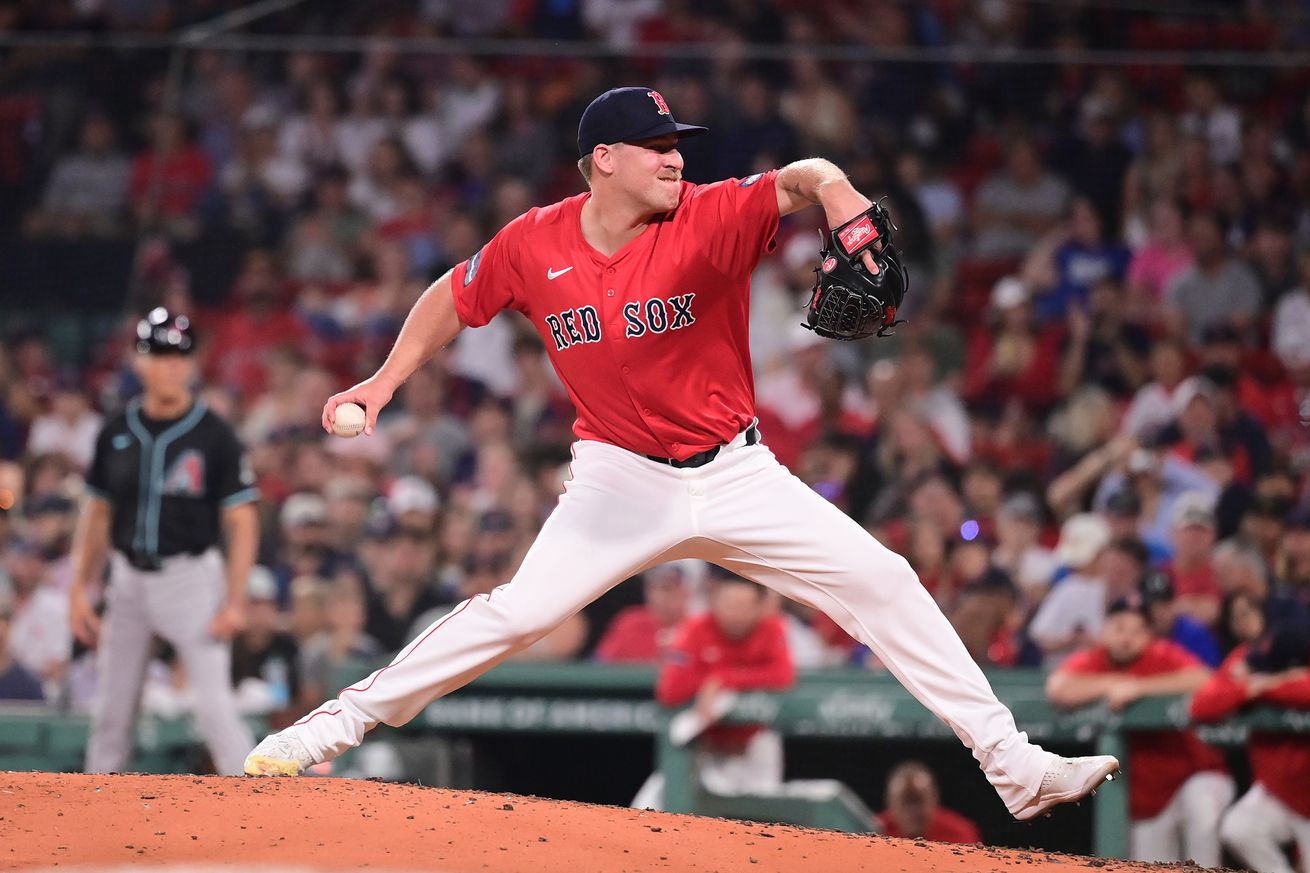
The intersection of statistics and semantics, on display.
“I don’t know how hard he hit it but it was a fucking not a legit hit”.
Sentence structure aside, this quote from Red Sox pitcher Josh Winckowski following Tuesday night’s game left me frustrated by how baseball is discussed today. At that moment, Winckowski was probably disappointed because he allowed three runs in a tight, late-season game.
Winckowski on Siri’s 230-foot, 65.6 mph three-run double in eighth: “I don’t know hard he hit it but it was a fucking not a legit hit.”
— Christopher Smith (@SmittyOnMLB) September 18, 2024
In today’s game, information is more available than ever. Seconds after a pitch is thrown, I can pull up BaseballSavant and tell you everything from release point to spin rate. The availability of information may have had some unintended negative consequences in terms of game strategy, but it’s ultimately valuable to teams and isn’t going away. As information became more available, fans, analysts, and nerds began researching the game, advancing player evaluation and decision-making. Among these analyses are expected outcome models. At a high level, BaseballSavant’s expected batting average uses a batted ball’s exit velocity and launch angle to estimate how likely it is to be a hit.
These metrics are useful for evaluating a player. A pitcher who consistently allows low expected batting averages likely has some skill that’s allowing them to limit hard contact. Maybe they have unexpected movement or a deceptive delivery. Maybe they spot their pitches well or possess a fastball that hitters can’t square up. Whatever the explanation, expecting batting average captures some of the ability to limit hard contact.
On the other hand, as these statistics have become more ubiquitous, it’s changed the way we discuss the game. When a hitter, like Jose Siri, hits a blooper that finds grass, people tend to point to “luck” or say that it didn’t deserve to be a hit. There’s some truth to this; the pitcher did their job by making a pitch that the hitter couldn’t punish. That’s great for the pitcher, outside of the fact that there are eight other defenders on the field, wind, sun, shadows, and several other factors in play. While the pitcher’s primary responsibility may be completed, the play remains in progress. While xBA is good for assessing a player on a high level, the scoreboard doesn’t consider what “should” have happened.
Take, for example, this catch by Michael Harris.
Austin Hays gets a hold of a curveball, hitting it hard in the air. I don’t have the expected batting average for this ball in particular, but you can’t hit a ball 400 feet without a fairly high xBA. What “should” likely be a home run isn’t because Michael Harris makes an incredible catch, timing his leap and securing the ball up above the wall. This clip was deservedly plastered all over social media. The outcome isn’t deserved based on the contact, but plays like these are what make baseball great.
A ball that falls in the outfield grass despite subpar exit velocity is less notable, but it’s largely the same thing; the expected outcome didn’t line up with the actual outcome. As humans, we want to make sense of what we’re watching. A Phillies fan can assign blame to Harris. In the case of an infield single or blooper, there’s no one to blame, so we point to luck or act as if we got a bad break. It’s easy to say that the other team didn’t deserve what they got. when in reality it’s just part of the game.
How about another example? This is talked about as a great play, saving multiple runs for Colorado.
While this is “a fucking not a legit hit”
Neither ball is hit hard. One is an out, the other is three runs.
Back to the play that sparked this piece. Winckowski is right to be frustrated by the outcome. He made a pitch and although Siri got jammed, he ended up on second base with a bases-clearing double. For this batter, in particular, Winckowski induced low-quality contact that would often result in an out. In this high-leverage spot, the ball found grass and important runs were scored. It’s unfortunate, but it doesn’t make the hit any less “legit.”
We watch baseball for entertainment. We spend the summer watching game after game, hoping to see something incredible. If what “should” have happened always happened, we wouldn’t have to watch the games. More often than not, the “right” outcome isn’t the actual outcome. Throughout a season, these things correct themselves. A team that hits the ball hard will score a lot of runs in the long run. A pitcher who limits hard contact will likely find success. Rather than complaining about luck, I encourage you to accept what happened on the field as a part of the marathon season and appreciate the game we all love.